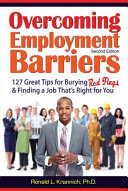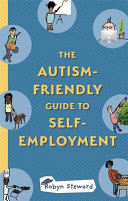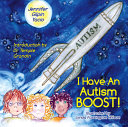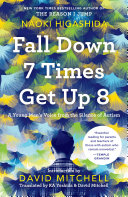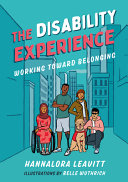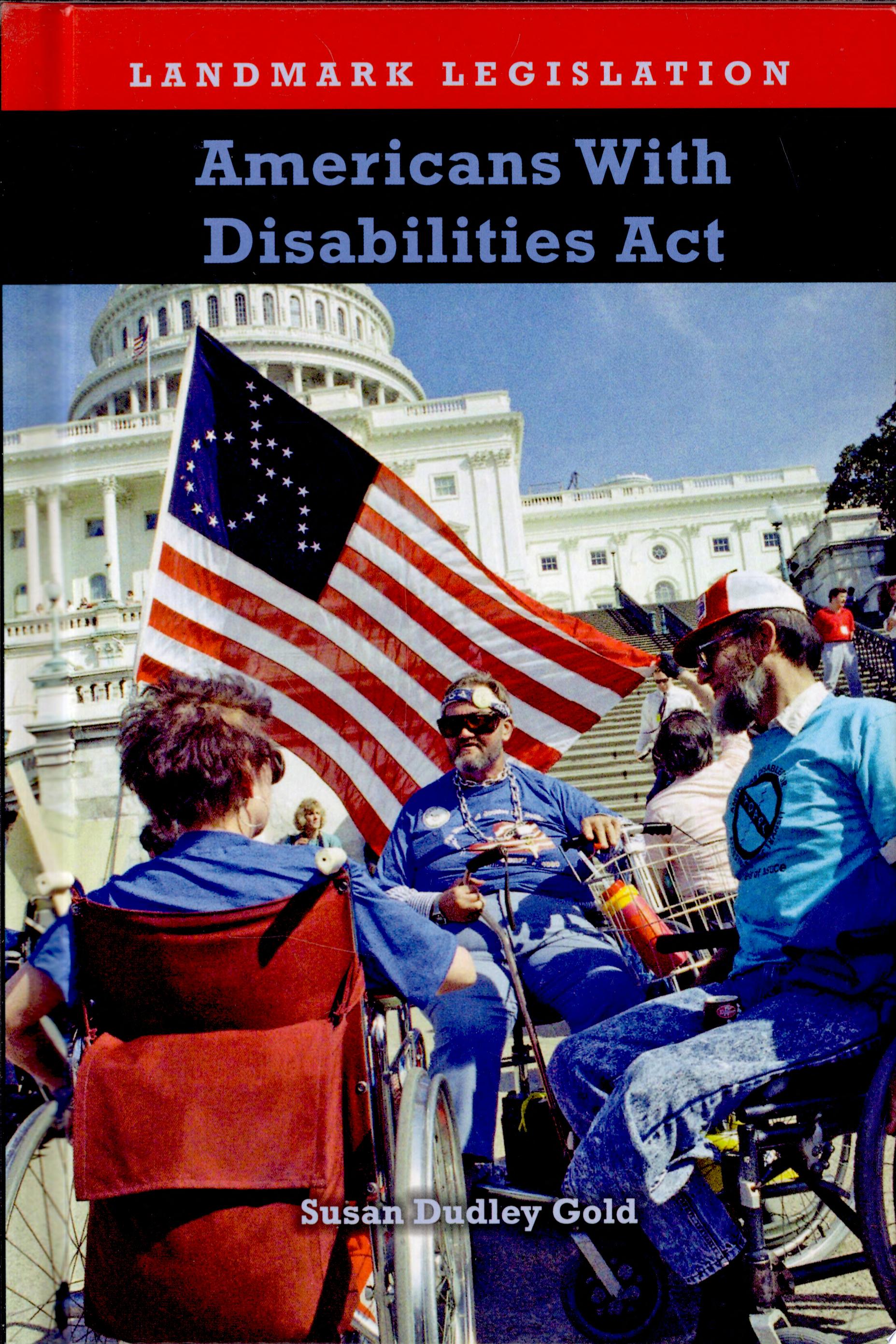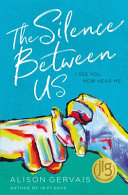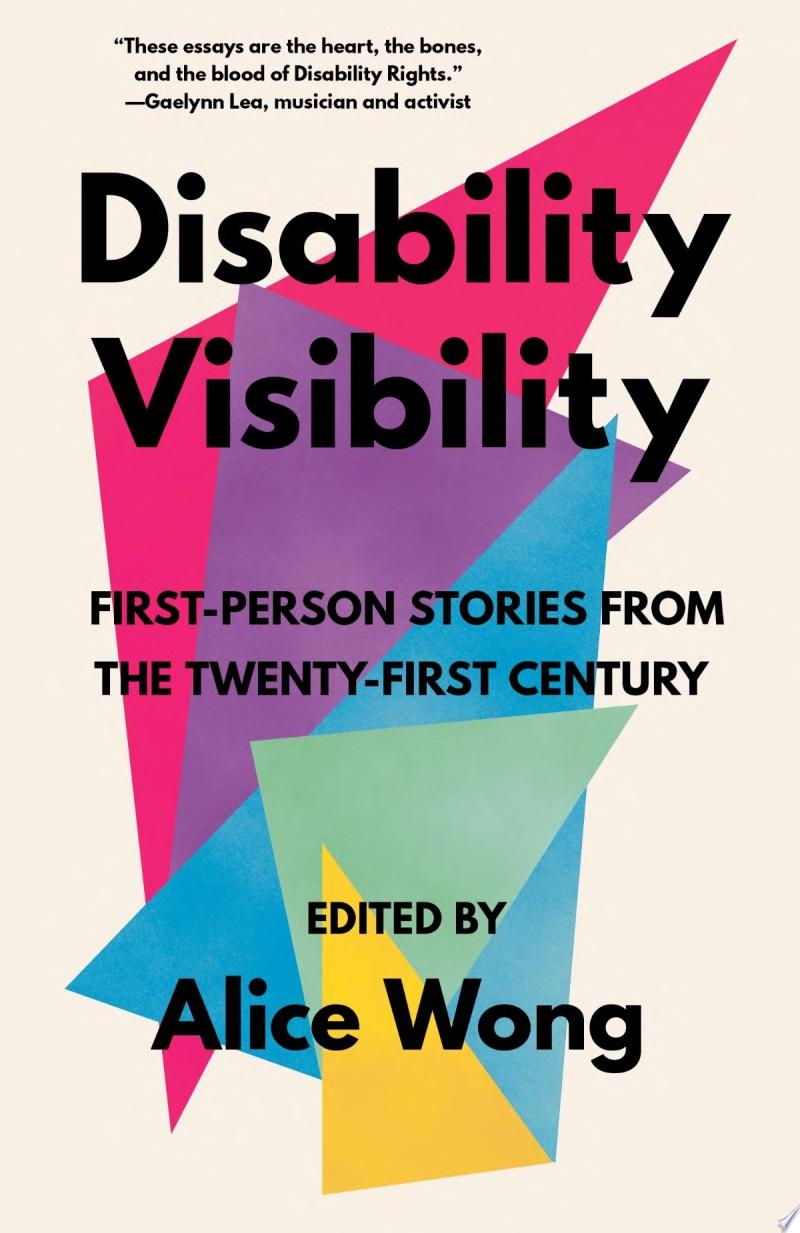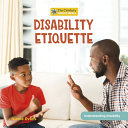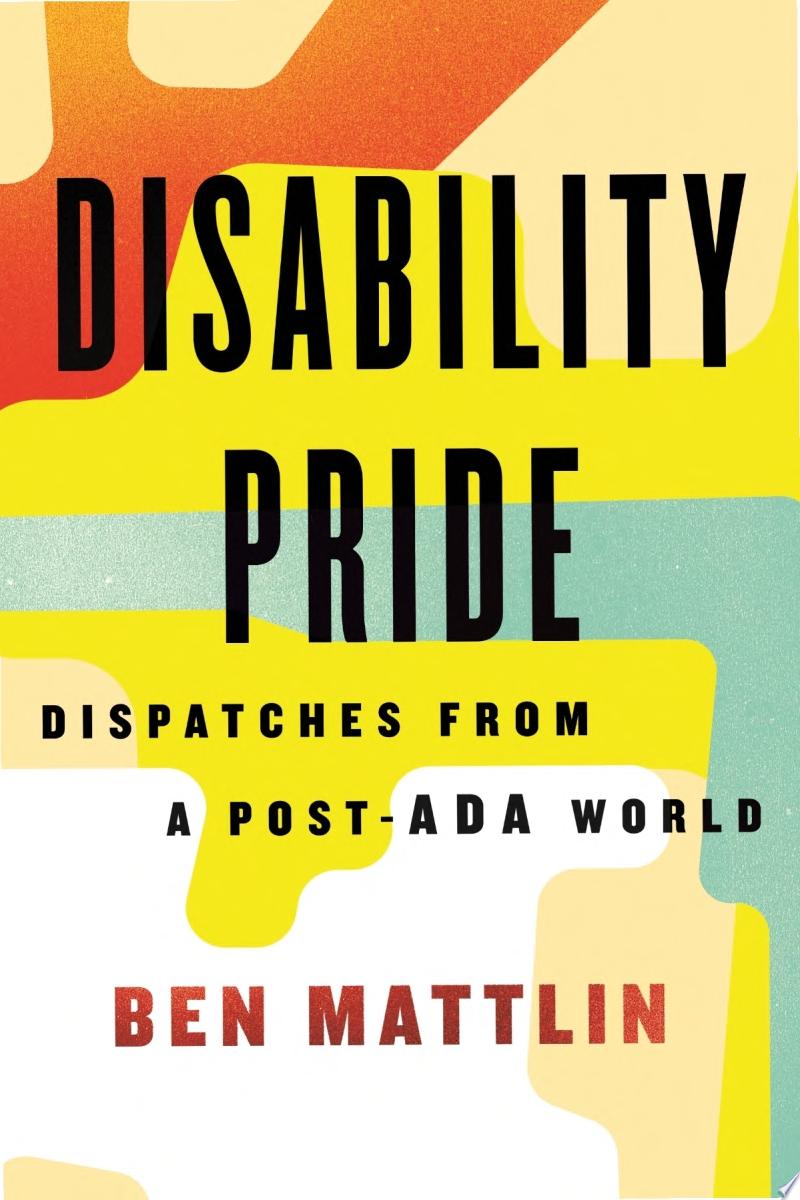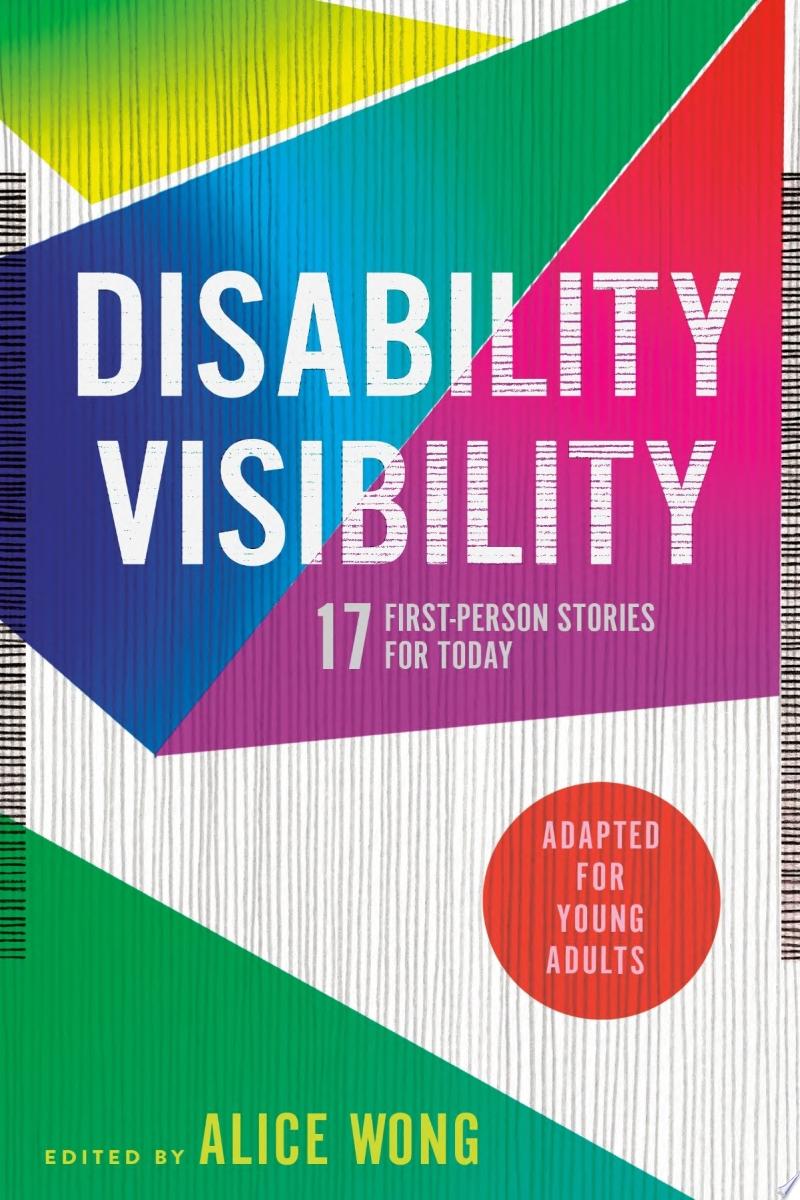
How Are You, Verity?
A neurodivergent child interacts with their neighbors to discover the true meaning behind greetings and salutations.
When people say "How are you?" are they really asking or just saying hello? Verity, who is neurodivergent, plans an experiment to figure this out.
Verity is bubbling with excitement about an upcoming school field trip to the aquarium! When neighbors ask, "How are you?" Verity shares their excitement and fascinating facts about sea animals. Their older brother John kindly suggests that the question "How are you?" is actually a greeting and not an invitation to share so much. Verity plans an experiment to find out if their brother is right.
But when the trip to the aquarium is cancelled, Verity is heartbroken. When people ask "How are you?" what should they say then?




